TECHNOLOGY DEMONSTRATOR INITIATIVE 2020
Using Interactive Technologies to Improve Student Engagement in Online Learning for Initial Teacher Education
Dr Eseta Tualaulelei (LLB, BSocSc, GCertTSL, LLM, MAppLing, PhD) is a Senior Lecturer of Early Childhood Curriculum and Pedagogy in the School of Education.
Dr Seyum Getenet (GCRsch, MA, MSc, PhD) is a Senior Lecturer of Mathematics Curriculum and Pedagogy in the School of Education.
Download 2020 TechDem Report:
2020 TechDem – FULL Report (PDF: 3MB)
Extracts:
2020 TechDem – Executive Summary only (PDF: 216kb)
2020 TechDem – EDM5010 Literacy Learning and EPM4100 Mathematics (PDF: 334kb)
Course and cohort
EDM5010 Literacy Learning in the Early Years | 132 postgraduate students.
EPM4100 Mathematics in Context | 76 undergraduate students.
Context
Student engagement is a key factor in effectively completing courses in Initial Teacher Education. However, course analytics and school-level data show that students are not engaging with key resources.
Online courses give students the flexibility to study according to their own schedule and at their own pace, yet course data show that students are more likely to access lecture notes rather than watch lectures, more likely to watch recorded tutorials instead of participating in real time, and students find online collaboration for learning difficult.
In some initial teacher education courses, key resources are viewed by fewer than 50% of students, meaning that students are missing opportunities for some essential dimensions of engagement (Redmond et al., 2018). This project aims to improve student engagement through trialling the use of interactive technologies, namely, Padlet, Panopto quizzes and Google collaborative tools.
Description of course design
The intent of this project is to increase student engagement in two initial teacher education courses by giving students the opportunity to engage with technologies that they may potentially use in their professional lives.
The courses require students to develop a deep understanding of key discipline concepts, skills in assessment, and knowledge about using ICT to expand curriculum learning opportunities in the early childhood and primary contexts. Three key interventions were trialled to enhance student engagement based on Redmond et al’s (2018) Online Engagement Framework elements and indicators:
Intervention 1: Padlet for Cognitive and Collaborative Engagement
Use Padlet to encourage students to think critically as they provide real world examples of children’s language and literacy development and respond to tutorial activities. Students develop deep discipline understandings as they learn from examples provided by their peers.
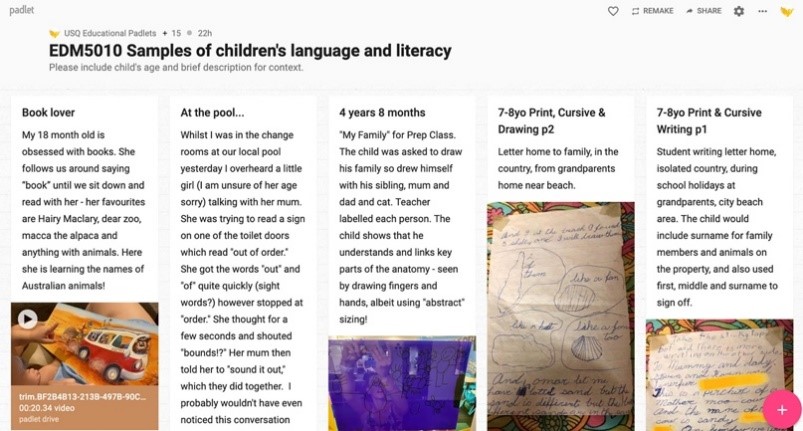
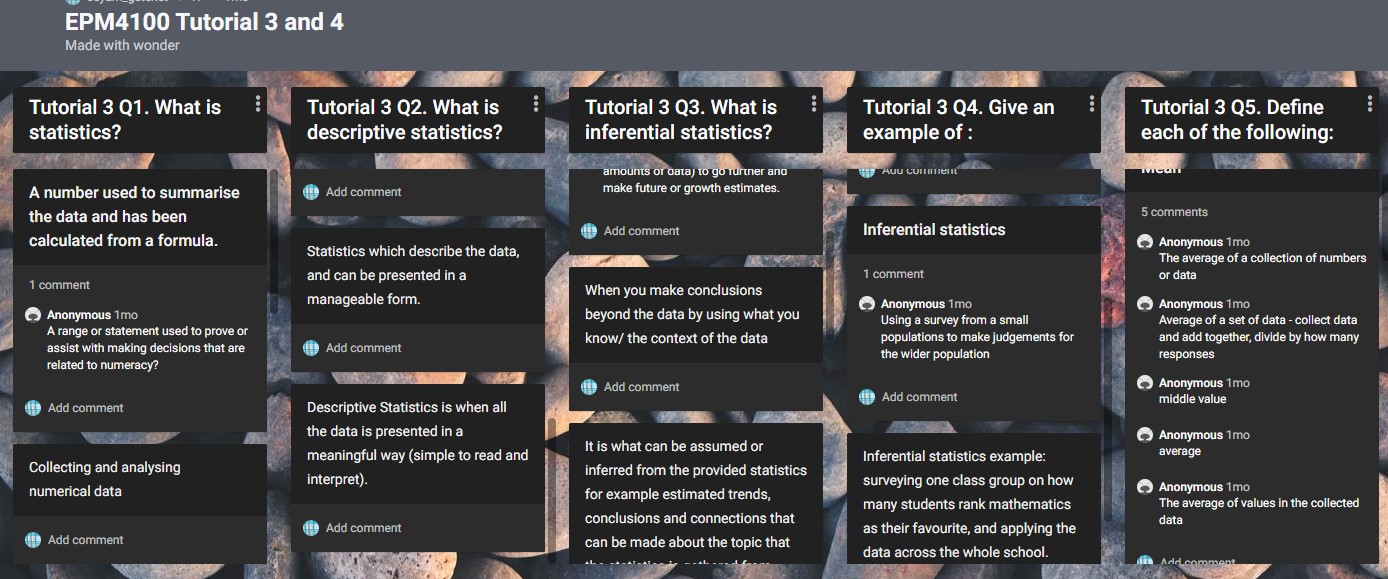
Intervention 2: Panopto Quizzes for Cognitive and Behavioural Engagement
A series of quizzes have been into Panopto video lectures (of 10-15 minute chunks) to increase opportunities for cognitive engagement to help students develop deeper discipline understandings and critical thinking skills, as well as behavioural engagement through instilling in students agency and independence with their learning. The quizzes further help the interactivity of lectures by incorporating opportunities for formative self-assessment and for students to receive immediate feedback on their learning.
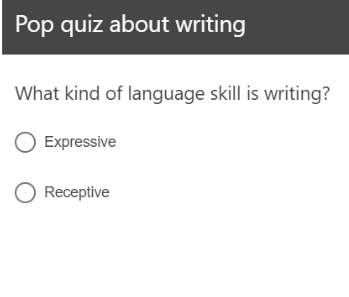
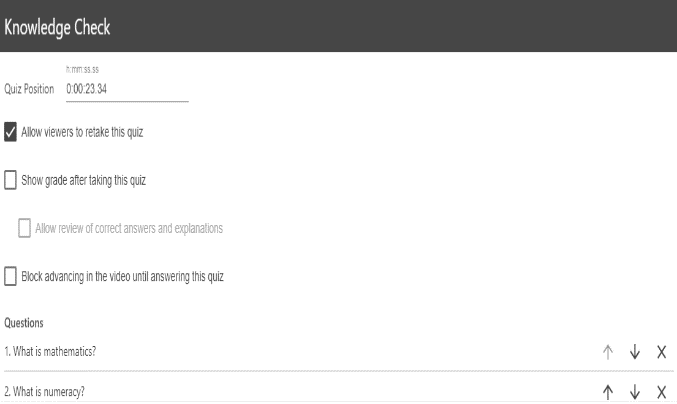
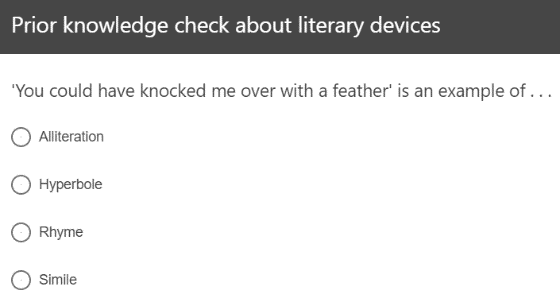
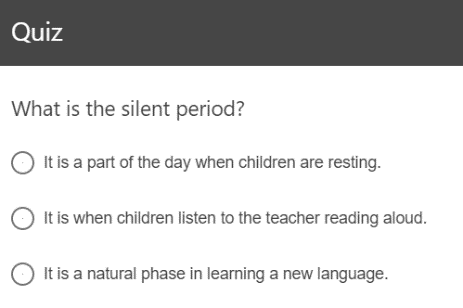
Intervention 3: Google Collaborative Docs for Cognitive, Collaborative and Social Engagement
Tutorial activities using Google collaborative tools are being used to increase cognitive, collaborative and social engagement within each course. These activities involve students working in small groups to complete tasks such as exercises on Google Sheets, presentations on Google Slides or group work on Google docs. The Google activities are uploaded alongside the tutorial recordings (a blank and worked version) so that students who do not participate in the tutorial can refer to and contribute to the artefacts asynchronously.
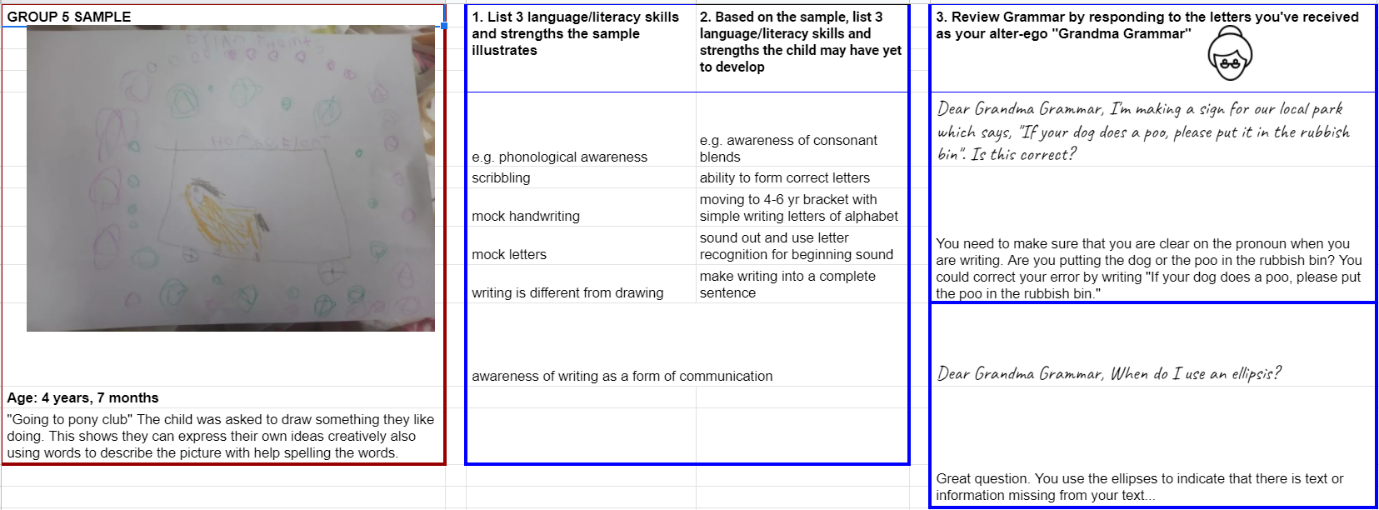
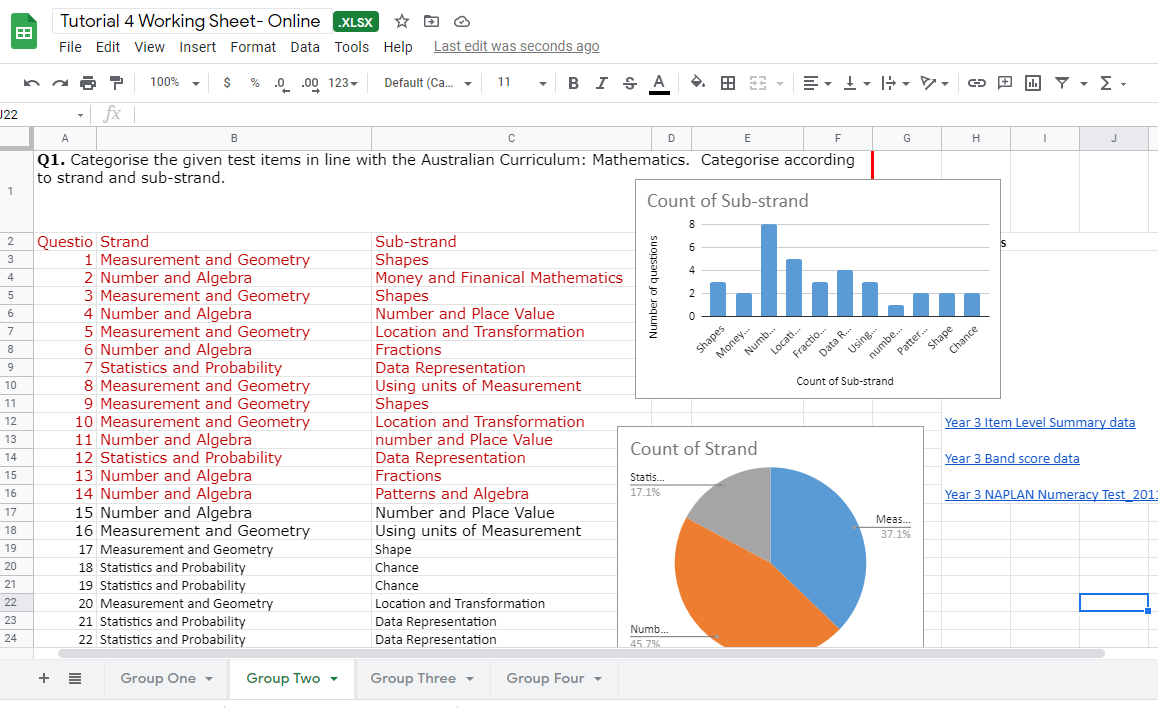
Contact for further information
Email: Eseta.Tualaulelei@usq.edu.au
Email: Seyum.Getenet@usq.edu.au | Phone: +61 7 3470 4272

